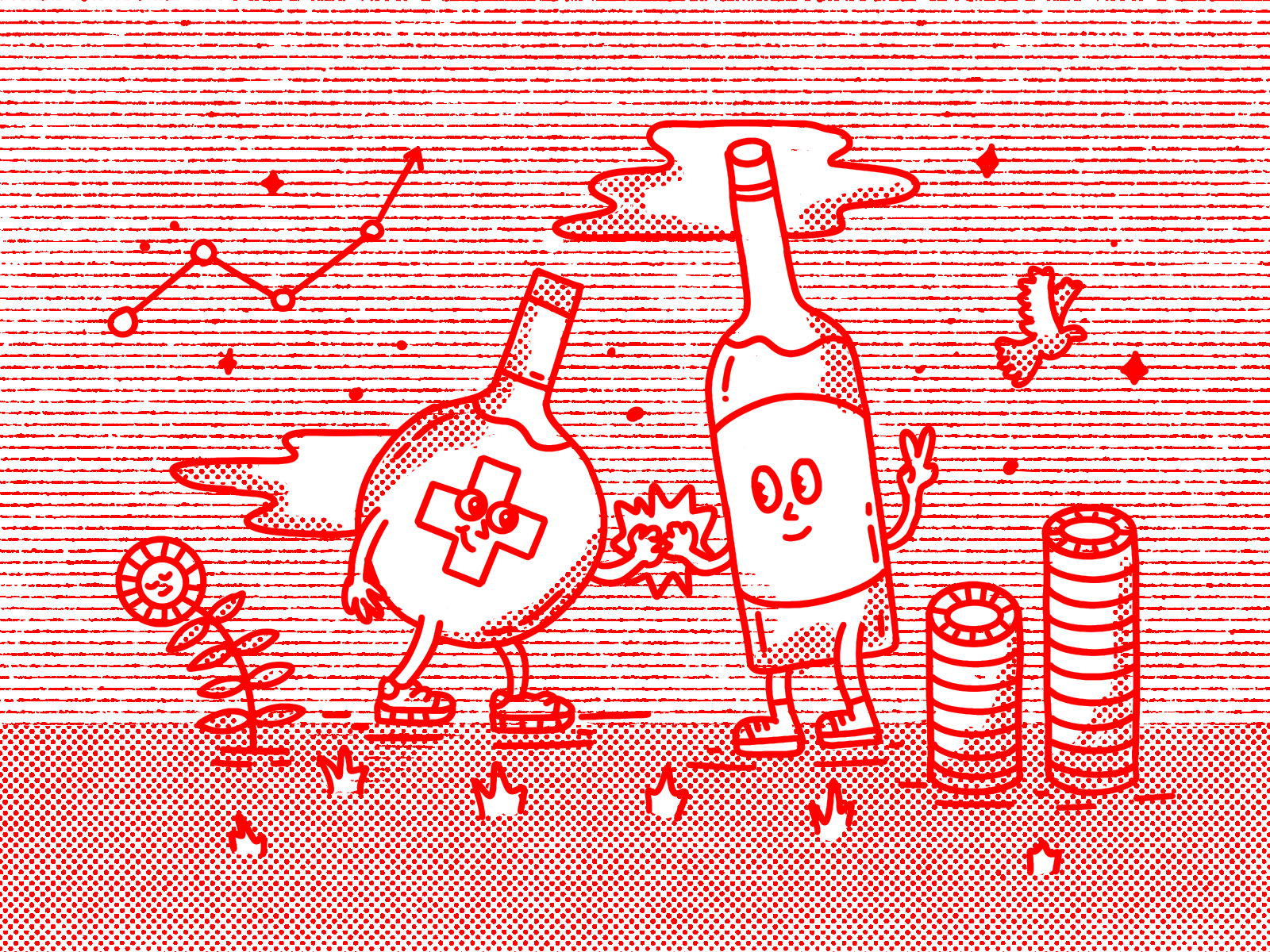The rough patch in Israel-EU relations might finally end due to the Russo-Ukrainian war and the strengthening relationship between Central and Eastern Europe and Israel.
The 2010s were a decade of growing political estrangement between Europe and Israel. The European Union and Israel signed an Association Agreement in 1995, and Association Councils were regularly held until 2012. After ten years, in October 2022, the meeting was held again, signaling the potential dawn of a new, more positive era in Israel-EU relations.
It does not seem that Israel and Palestine can live peacefully, side by side. Local conflicts affect the perception of countries in international politics; regional wars can sometimes destroy global alliances. The European Union has condemned the violence of the Israeli-Palestinian conflict, but Benjamin Netanyahu, the former Prime Minister of Israel, was not really interested in promoting peace. Incumbent PM Yair Lapid is much more open to communication, resulting in the Association Council being held again on 3 October in Brussels after a 10-year break.
„I think it is important for us to relaunch this high-level form of political dialogue between the European Union and Israel. It is the best way of frankly engaging on many issues, which are of mutual concern and, in particular, on the [Middle East] Peace Process and on the stability in the wider Middle East region. On the international stage, we need to work together to tackle global challenges, and recently, the brutal Russian aggression against Ukraine. Nowadays, cooperation between democracies is more crucial than ever” – said Josep Borrell, High Representative of the European Union for Foreign Affairs and Security Policy.
The meeting focused on the parties’ common interests and values, and the Russo-Ukrainian war, the energy crisis, and the food supply chain problems were also discussed. Broader topics and longer-term goals were also addressed, such as trade, climate change, science, technology, culture, human rights, democratic principles, and freedom of religion.
Lapid hinted that Israel might recognize Palestine as a sovereign state to end the decades-long war. Nonetheless, no one can expect the conflict to disappear soon as, basically, there has been a continuous war in the West Bank for 55 years. Czechia is particularly interested in further strengthening Israel-EU relations as they hold the presidency of the Council of the EU until December, and a significant positive development would mean a major milestone during Prague’s presidency.

Within the EU, Central and Eastern Europe (CEE) is the main advocate of the continent’s good relations with Israel. When the US moved the American embassy from Tel Aviv to Jerusalem in 2018, only Czechia, Hungary, and Romania opposed the EU’s joint critique of Washington’s step. Viktor Orbán and Benjamin Netanyahu are close ideological allies; if Netanyahu returns to power after the elections in early November, Hungary-Israel relations can further strengthen. Hungarian President Katalin Novák met with Ronald S. Lauder, President of the World Jewish Congress, when visiting America in September, and said that „Hungary is a true friend of Israel and the Jewish communities.” There are also Hungarian actions in favor of Israel, such as an initiative by Olivér Várhelyi, European Commissioner for Neighbourhood and Enlargement, to block funds to Palestine. EU funds to Palestine had to be stopped because Palestinians used them to finance antisemitic textbooks containing anti-Israel incitement.
Central and Eastern European countries are traditionally pro-Israel. They see Israel as an unlawfully attacked victim in the Israeli-Palestinian conflict. For example, Jakub Kulhánek, Czech Foreign Minister, said in 2021 that Israel has every right to protect itself from barbaric Palestinian attacks, and the Israeli flag was hoisted in the Czech Ministry of Foreign Affairs. Some Czech politicians even compared Palestinian leaders to Adolf Hitler. The economic ties are also strengthening between Israel and the CEE region; it was announced earlier this year that Romania would purchase Israel’s well-known Iron Dome air defense system, the radar system of which is already used by, for instance, Czechia and Hungary.
The relationship between Central and Eastern Europe and Israel has complex origins. The region had large Jewish communities before the Second World War, so European and Jewish traditions were culturally intertwined. Budapest is home to the world’s second-largest synagogue; the Dohány Street Synagogue has a capacity of almost 3000 seats.

The Soviet-dominated communist era was not characterized by philosemitism in Central and Eastern Europe, but the democratic transitions meant a Jewish renaissance, and CEE countries' relations with Israel improved. The former Eastern Bloc states wanted to integrate into the Western economic, cultural and political systems as much as possible. In addition to liberalism, joining the EU and IMF loans, integration also meant adopting the „friend of my friend is my friend” principle. So, the allies of the West, led by the United States, became the allies of Central and Eastern Europe. And Israel is one of the closest allies of the United States.
Regarding the past decade, the strongest cultural and political links emerged between the European, American, and Israeli mainstream political right-wing parties and organizations. They share values concerning migration or the perception of the nation-state. Benjamin Netanyahu, Donald Trump, and Viktor Orbán have different problems to deal with, but all three politicians believe in a strong state. Israel's exemplary strong border defense motivates the US to build the Mexico-US border wall. History has repeatedly taught Central and Eastern Europe that protecting borders is crucial. In light of the Russo-Ukrainian war, Israel’s ability to successfully defend itself, despite being surrounded by large enemies virtually on all sides, becomes increasingly appealing to Central and Eastern Europe. The former Eastern Bloc countries are geographically still close to Russia, which causes growing insecurity due to the latest developments in global politics. Israel's success can serve as an inspiration for CEE governments.

There is no consensus in Europe regarding Israel. The West must confront its imperial and colonial past; thus, they tend to see Israel as a colonizer of Palestinian lands. But Central and Eastern European countries have a different history. They see Israel as a strong, respectable state that can defend itself from all the surrounding enemies. And they want to follow Israel’s example. The Israeli election held on 1 November will determine the future of Israel-EU relations, but the global perception of Putin's xenophobic, nationalist ideology considering the Russo-Ukrainian conflict will also shape the future between the two parties.
Graphics: Roland Molnár

Chameleon Office Booth: a step towards sustainability

Exhibition on mental health opened in the Printa shop in Budapest










